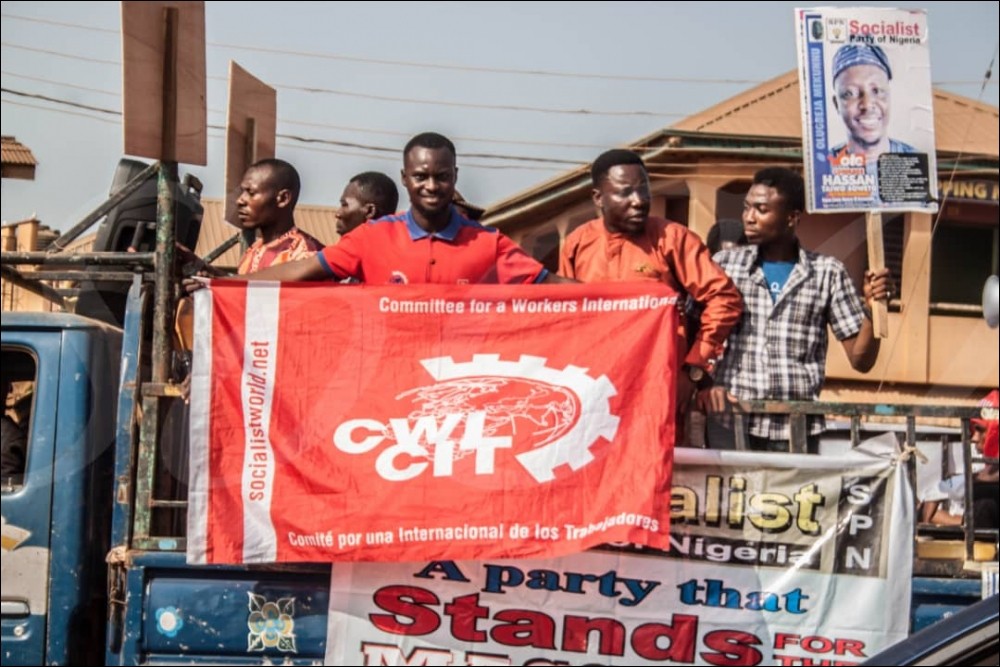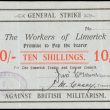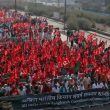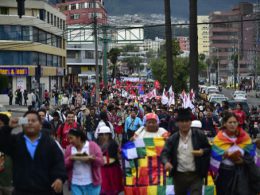Increased debts, no peace
“Since oil prices have fallen, from $86 a barrel at the end of September to under $60 in December, government revenue has fallen. The country’s working population will receive even heavier burdens.
Strikes and struggles
SPN and the elections
“SPN is still a new party with limited resources, and therefore does not yet stand in the presidential elections. In the first election the party stood, for Governor in Osun, SPN got modest 391 votes. However, it was more than the better known Labour Party, which has been around since 2007. The SPN election campaign’s socialist message reached most communities.
After the election, the situation will be tense, no matter who becomes president. The economic crisis gives little room for a government that obeys the rules of the capitalist market. The most likely perspective is that new attacks will take place and there will be no relief for those existing in absolute poverty.












